The original settlement of Iria was created by Cretan refugees at the time of Kapodistrias. However, there are findings showing that the region has been inhabited since ancient times.
The existence of a “fryktoria” (a means of communication was used in Ancient Greece by using two sets of five torches) about the 7th BC century near the village and the identification of ancient shipwrecks of the Mycenaean era at Cape Iria testify the existence of life in the wider region of Iria prior to the occupation of the village of Crete.
The provisional government of Greece in 1826 sold the region of Iria by auction. From the descriptions of sites depicted in the auction, it is quite easy to identify the villages of Iria, seeking mainly the churches mentioned therein.
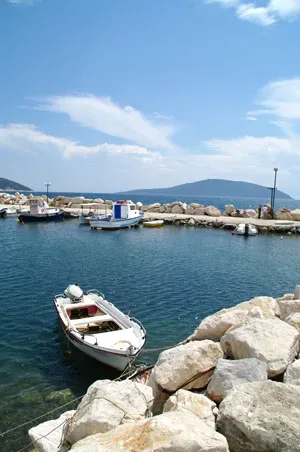
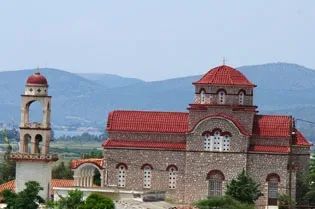
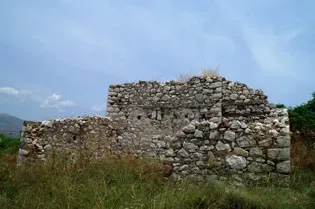
Another thing worth mentioning about the history of Iria is the Wreck of Cape Iria. In 1962, the seabed near Iria, on the south coast of Argolida, identified a sunken cargo of clay vessels, approximately 15 meters from the rocky shore at a depth of 12-27 meters. The cargo was comprised of clay vessels. 25 of them were kept, which comprised the bulk of the cargo which probably came from three areas of the eastern Mediterranean, from Cyprus jars, amphorae from the Peloponnese, and stirrup jars from Crete, for storing and transporting oil and wine.
One of the most important monuments of Argolida is the Monastery of Avgo (St. Demetrius). Above the valley of Iria and northern part of the mountain Avgo, it is built the Monastery of Saint Demetrios of Avgo. The location is directly intertwined with the river Rados, which you cross if you want to get to the monastery starting from Iria. Many stories have been said about both the steep location of creation of the Monastery and the “oddity” of name, Avgo “egg”, that locals, especially, bred over the years.
Beyond the stories survived and transguised over the course of centuries, there is no citation for the year of its establishment. Only the walls and especially the construction of the cross dome of the catholic with bricks, we can conclude that probably a building of the 11th or 12th century.
(More information about H. Church of Avgo can be found in the “Archaeological Sites – Points of Interest”)
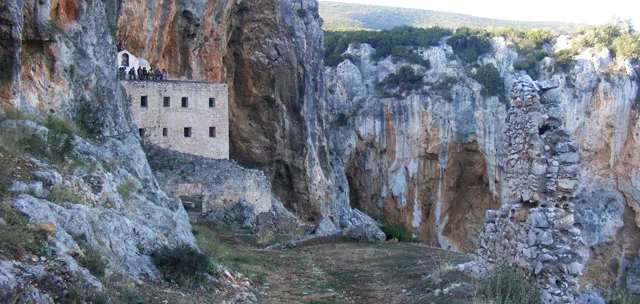
Epiphany is one of the most brilliant festivals of Iria. It is held every year in every greatness in the ceremony of the Holy Cross Diving and the Blessing of the Waters, where the whole world is concentrated in the area of Beach of Iria. From early morning the Matins and the Divine Liturgy of the Epiphany at the Church of St. Constantine is chanted and later the clergy and the faithful follow the established Holy Cross Diving in sea. After the mystery, the Holy Cross wanders in Iria.
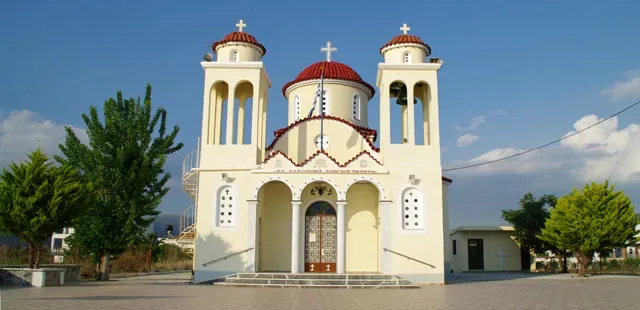
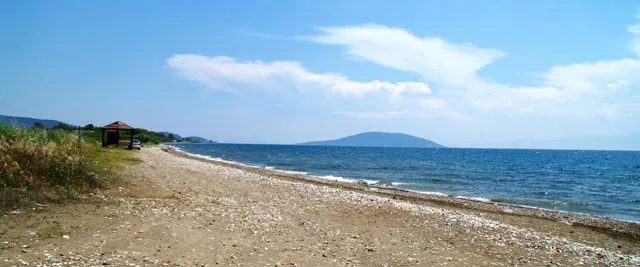
Celebration of the Artichoke each year in May is for Iria benchmark as the artichoke is the main product obtained of the valley of Iria. The feast of artichoke includes, besides the traditional music and countries until morning, foods that contain a key ingredient artichoke. Visitors have the opportunity to taste the artichokes cooked by locals with a variety of recipes. The festival usually takes place in the large square in the centre of the village and the smells emanating from the cooked artichokes spread throughout the village.
Geographical Coordinates
Central Square Irion
The church of St. Nicholas, which is located at the entrance of the village, next to the ruins of a tower, is one of the oldest of Argolida. The exact date of its construction is not known, but at a point on the west side of the church and specifically over the entrance, we find inscribed the date 1381. The first reference states that in 1696 the church was the main church of the county. (More information about the Church of St. Nicholas can be found in the “Archaeological Sites – Points of Interest”).
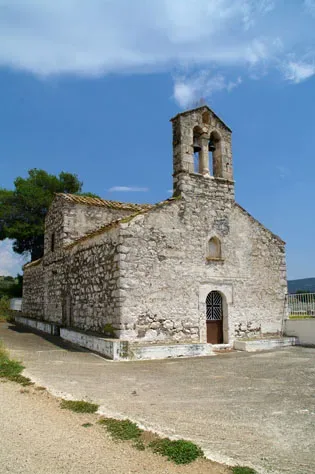
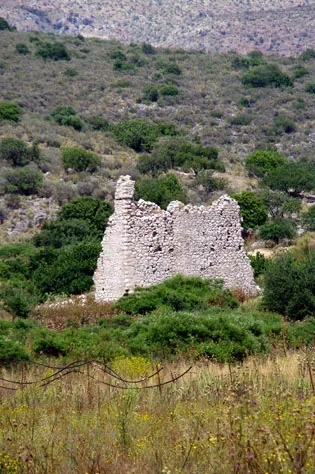
Candia is a beautiful seaside village, inhabited by Cretans (like Iria) and people coming from Arcadia. According to the reports of residents the area was used as pasture during the summer months, but over the years the residents understood the value of the sea and the valley of Iria, abandoning farming.
In the centre of the village, in spite of the passing of time, there is an almost ruined impressive tower, standing deserted. The “Tower of the Aga” was the residence of an Aga( Turkish rank for the chief) of the region, that’s why the name. The ruins of Mycenae Candia stand every close to the tower, at the hill of St.Eleousa.
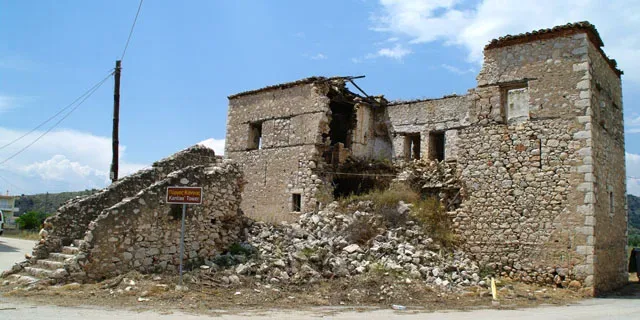
The beach of Candia is one of the most special beaches in Argolida attracting vacationers of all ages and also has “peaceful corners” but rather “beach bars”, which are preferred by younger visitors.
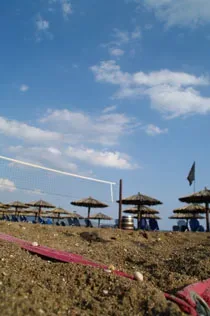
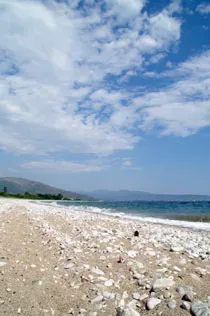
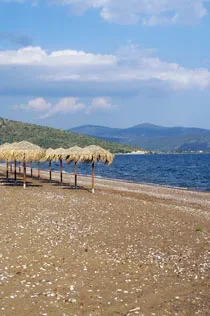
Geographical Coordinates
Center Candia – Candia Towerhouse
© 2024Municipality of Nafplion - Reproduction (partial or total) of the content (texts and photographic material) of the Portal is prohibited without prior permission of the Municipality of Nafplion.